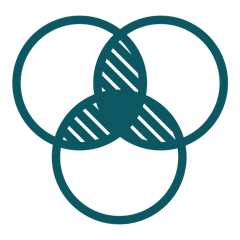According to the U.S. Department of Health and Human Services (HHS), “only 12% of Americans have proficient health literacy skills”, leaving 88% of Americans effectively health illiterate1. Health literacy applies both to understanding health related content and advocating for oneself in health care settings. Because of this grave lack of literacy, health education plays an integral role in our country. Health education is ranked the fourth best education job in the country by U.S. News & World Report, and the Federal Bureau of Labor Statistics ranks it one of the fastest growing occupations in the country2. As an increasingly prominent role in the public health workforce, now is a great time to consider becoming a health educator.
In this article, we will delve into the field of health education by exploring responsibilities, variation by work setting and specialization, opportunities to collaborate with other public health professionals, and challenges and rewards to the role. Finally, we will end with advice for anyone considering a career in the field.





